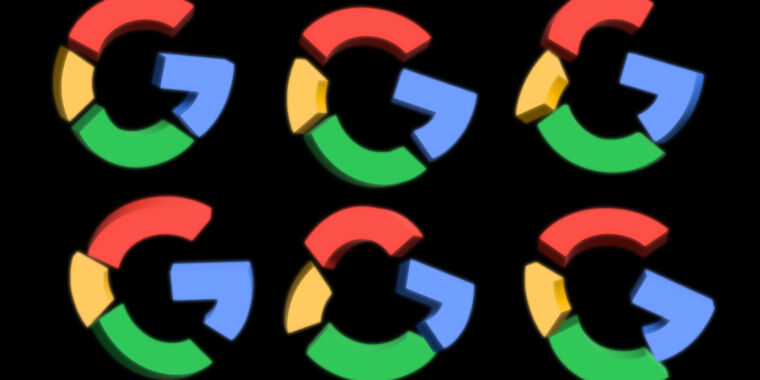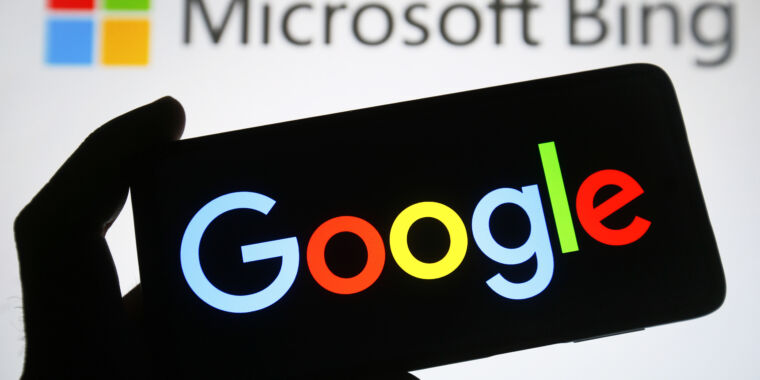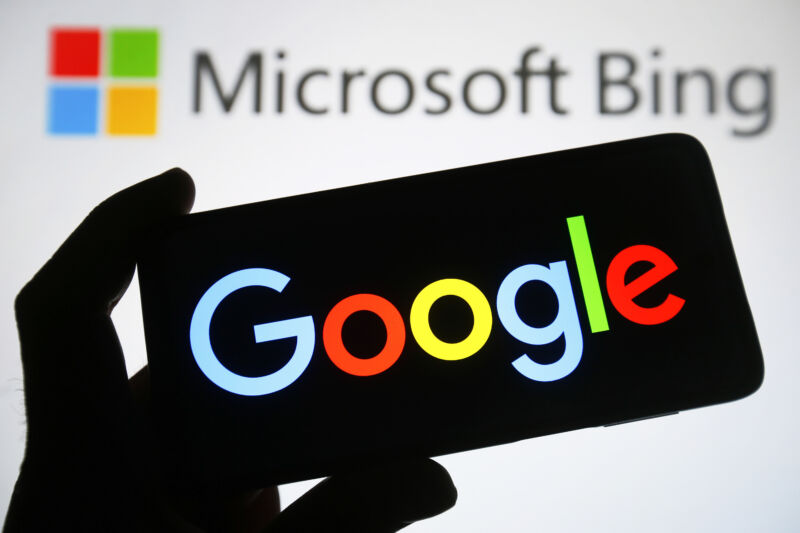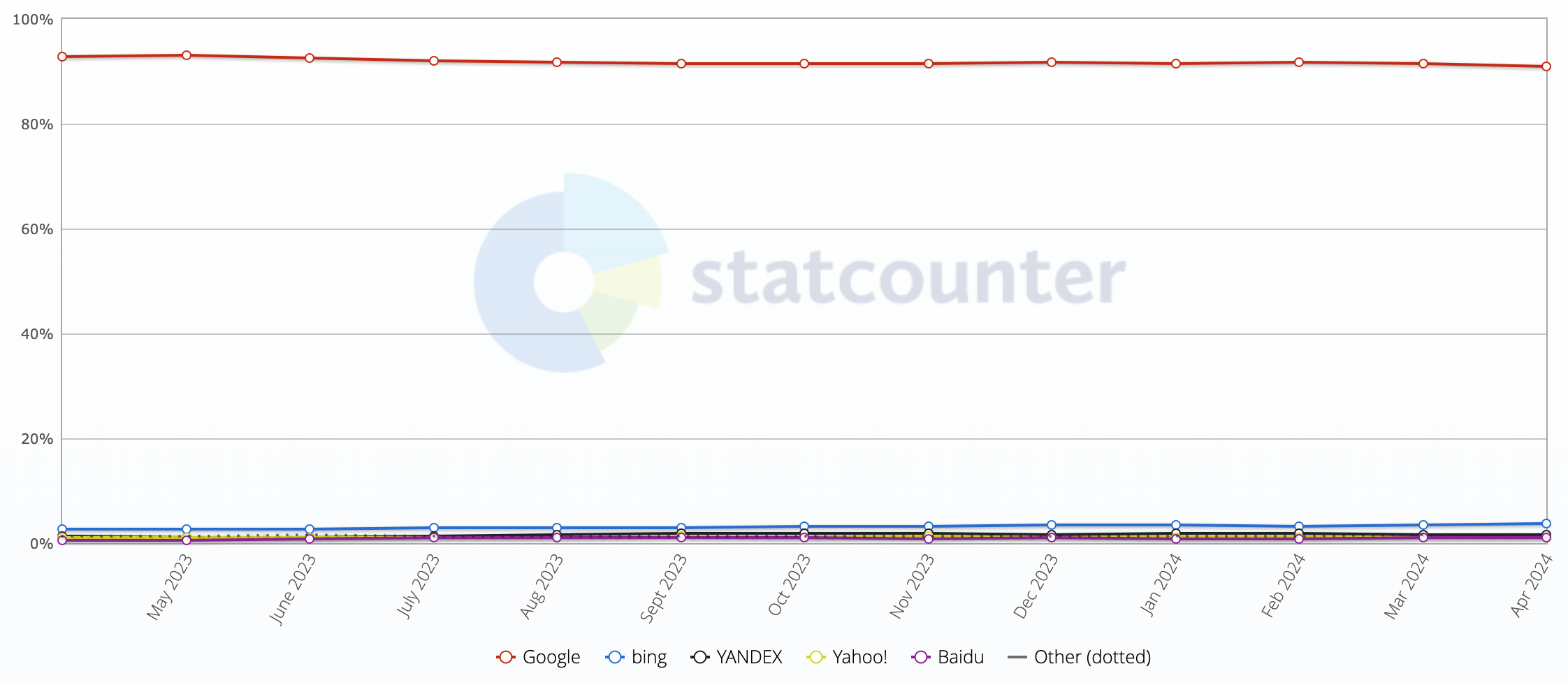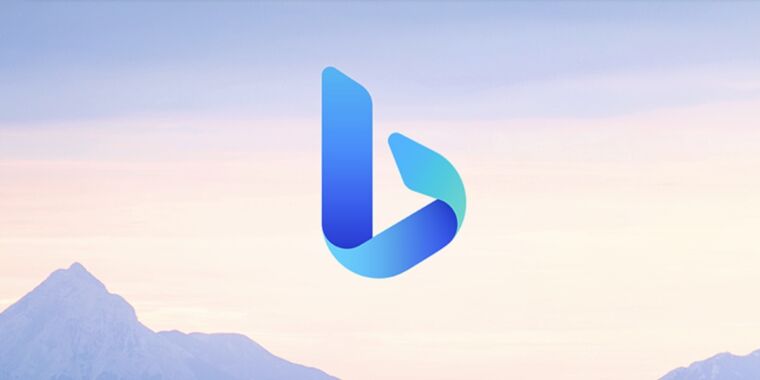All the possible ways to destroy Google’s monopoly in search
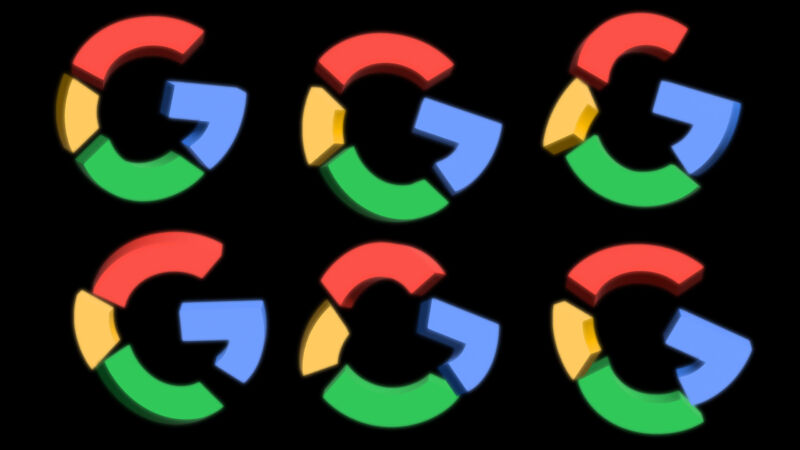
Aurich Lawson
After US District Judge Amit Mehta ruled that Google has a monopoly in two markets—general search services and general text advertising—everybody is wondering how Google might be forced to change its search business.
Specifically, the judge ruled that Google’s exclusive deals with browser and device developers secured Google’s monopoly. These so-called default agreements funneled the majority of online searches to Google search engine result pages (SERPs), where results could be found among text ads that have long generated the bulk of Google’s revenue.
At trial, Mehta’s ruling noted, it was estimated that if Google lost its most important default deal with Apple, Google “would lose around 65 percent of its revenue, even assuming that it could retain some users without the Safari default.”
Experts told Ars that disrupting these default deals is the most obvious remedy that the US Department of Justice will seek to restore competition in online search. Other remedies that may be sought range from least painful for Google (mandating choice screens in browsers and devices) to most painful (requiring Google to divest from either Chrome or Android, where it was found to be self-preferencing).
But the remedies phase of litigation may have to wait until after Google’s appeal, which experts said could take years to litigate before any remedies are ever proposed in court. Whether Google could be successful in appealing the ruling is currently being debated, with anti-monopoly advocates backing Mehta’s ruling as “rock solid” and critics suggesting that the ruling’s fresh takes on antitrust law are open to attack.
Google declined Ars’ request to comment on appropriate remedies or its plan to appeal.
Previously, Google’s president of global affairs, Kent Walker, confirmed in a statement that the tech giant would be appealing the ruling because the court found that “Google is ‘the industry’s highest quality search engine, which has earned Google the trust of hundreds of millions of daily users,’ that Google ‘has long been the best search engine, particularly on mobile devices,’ ‘has continued to innovate in search,’ and that ‘Apple and Mozilla occasionally assess Google’s search quality relative to its rivals and find Google’s to be superior.'”
“Given this, and that people are increasingly looking for information in more and more ways, we plan to appeal,” Walker said. “As this process continues, we will remain focused on making products that people find helpful and easy to use.”
But Mehta found that Google was wielding its outsize influence in the search industry to block rivals from competing by locking browsers and devices into agreements ensuring that all searches went to Google SERPs. None of the pro-competitive benefits that Google claimed justified the exclusive deals persuaded Mehta, who ruled that “importantly,” Google “exercised its monopoly power by charging supra-competitive prices for general search text ads”—and thus earned “monopoly profits.”
While experts think the appeal process will delay litigation on remedies, Google seems to think that Mehta may rule on potential remedies before Google can proceed with its appeal. Walker told Google employees that a ruling on remedies may arrive in the next few months, The Wall Street Journal reported. Ars will continue monitoring for updates on this timeline.
As the DOJ’s case against Google’s search business has dragged on, reports have long suggested that a loss for Google could change the way that nearly the entire world searches the Internet.
Adam Epstein—the president and co-CEO of adMarketplace, which bills itself as “the largest consumer search technology company outside of Google and Bing”—told Ars that innovations in search could result in a broader landscape of more dynamic search experiences that draw from sources beyond Google and allow searchers to skip Google’s SERPs entirely. If that happens, the coming years could make Google’s ubiquitous search experience today a distant memory.
“By the end of this decade, going to a search engine results page will seem quaint,” Epstein predicted. “The court’s decision sets the stage for a remedy that will dramatically improve the search experience for everyone connected to the web. The era of innovation in search is just around the corner.”
The DOJ has not meaningfully discussed potential remedies it will seek, but Jonathan Kanter, assistant attorney general of the Justice Department’s antitrust division, celebrated the ruling.
“This landmark decision holds Google accountable,” Kanter said. “It paves the path for innovation for generations to come and protects access to information for all Americans.”
All the possible ways to destroy Google’s monopoly in search Read More »
